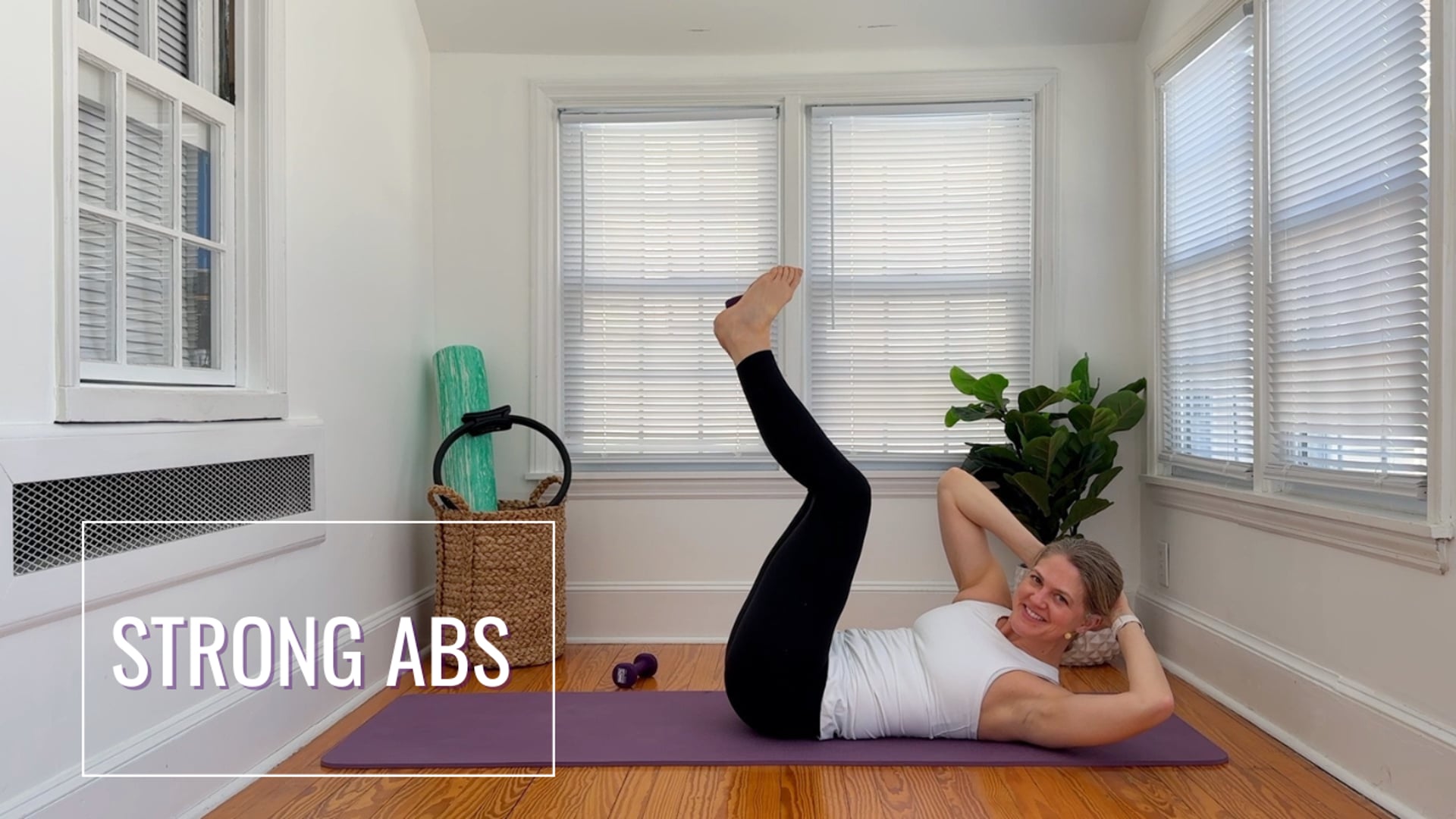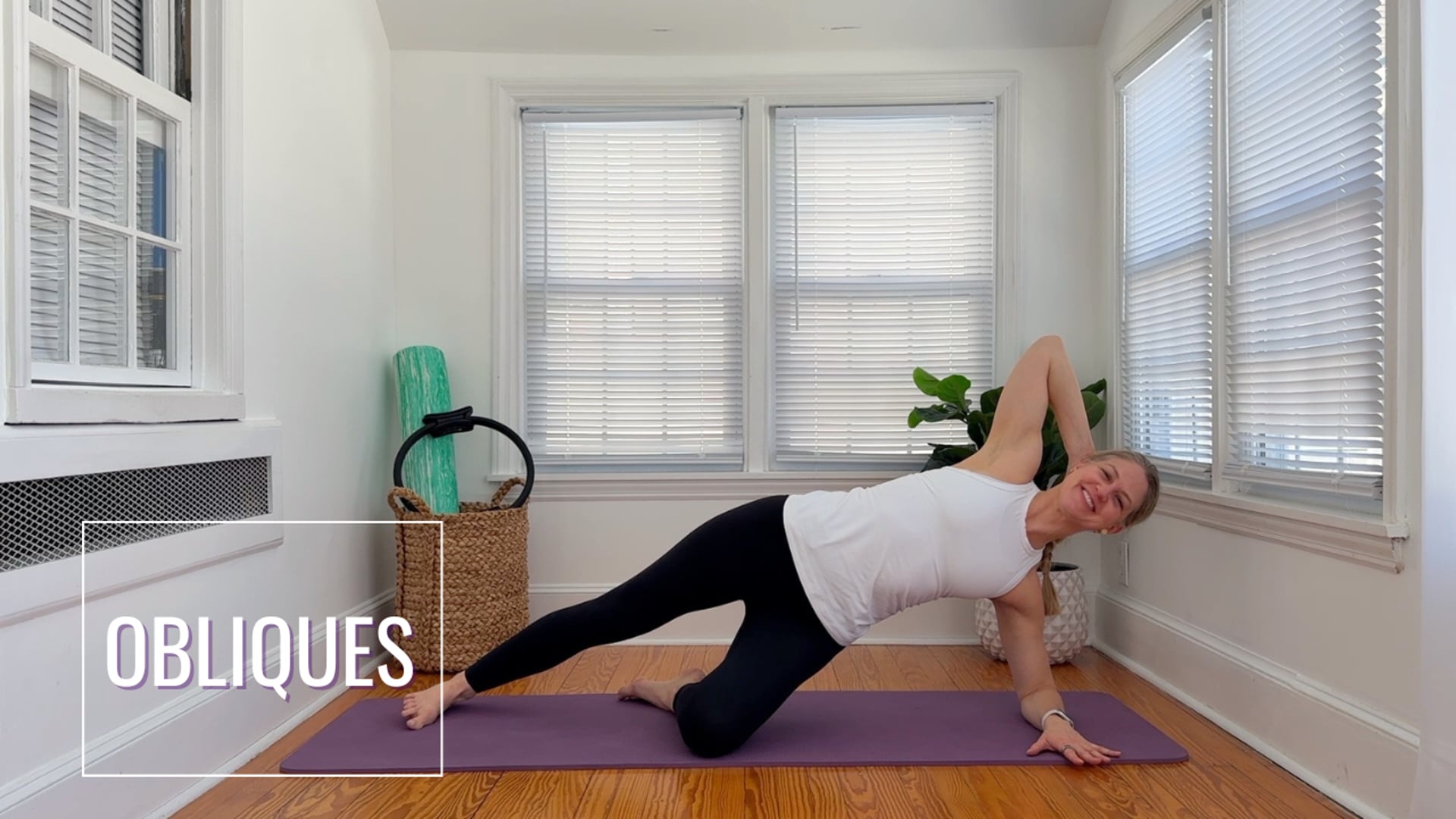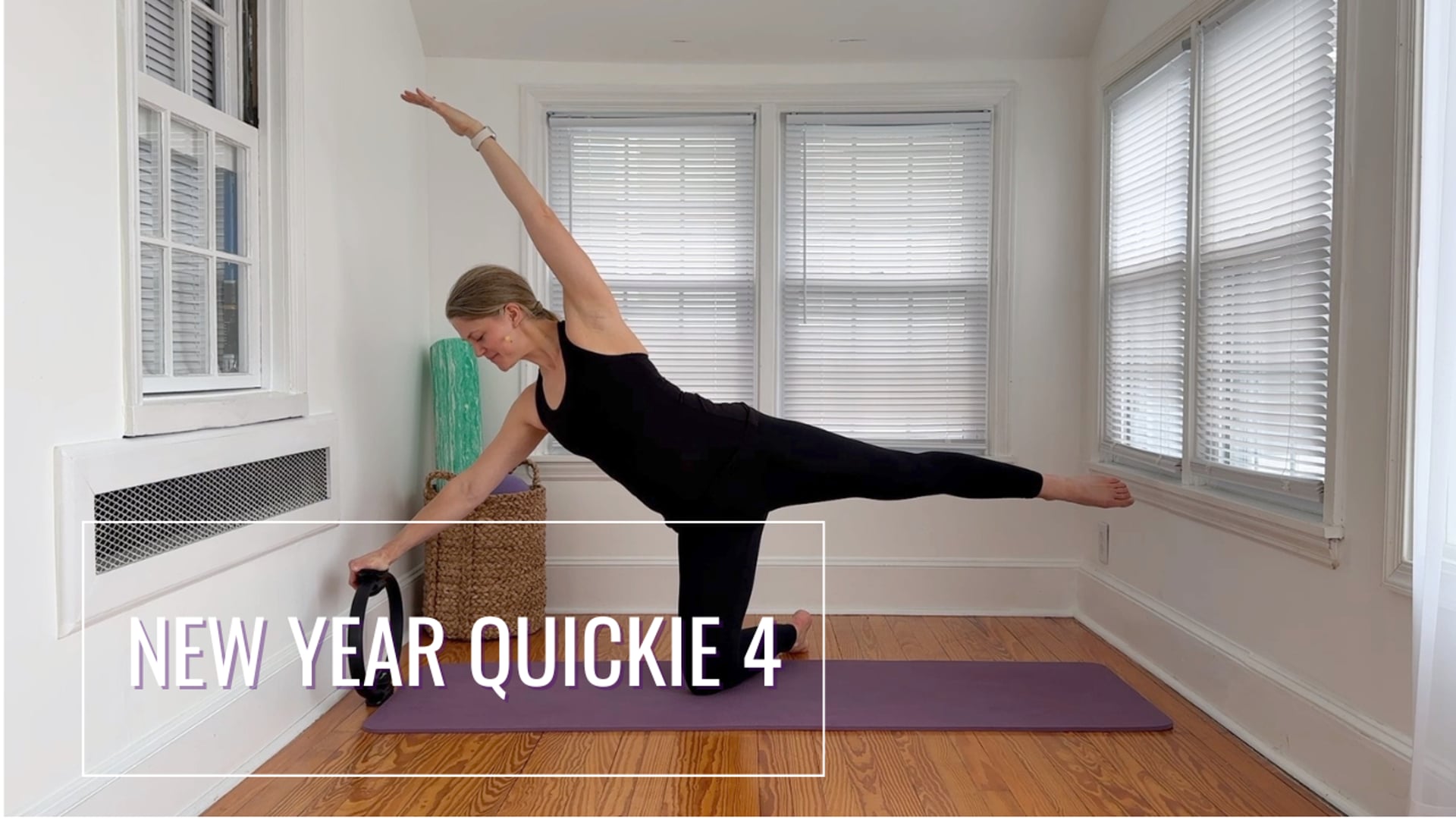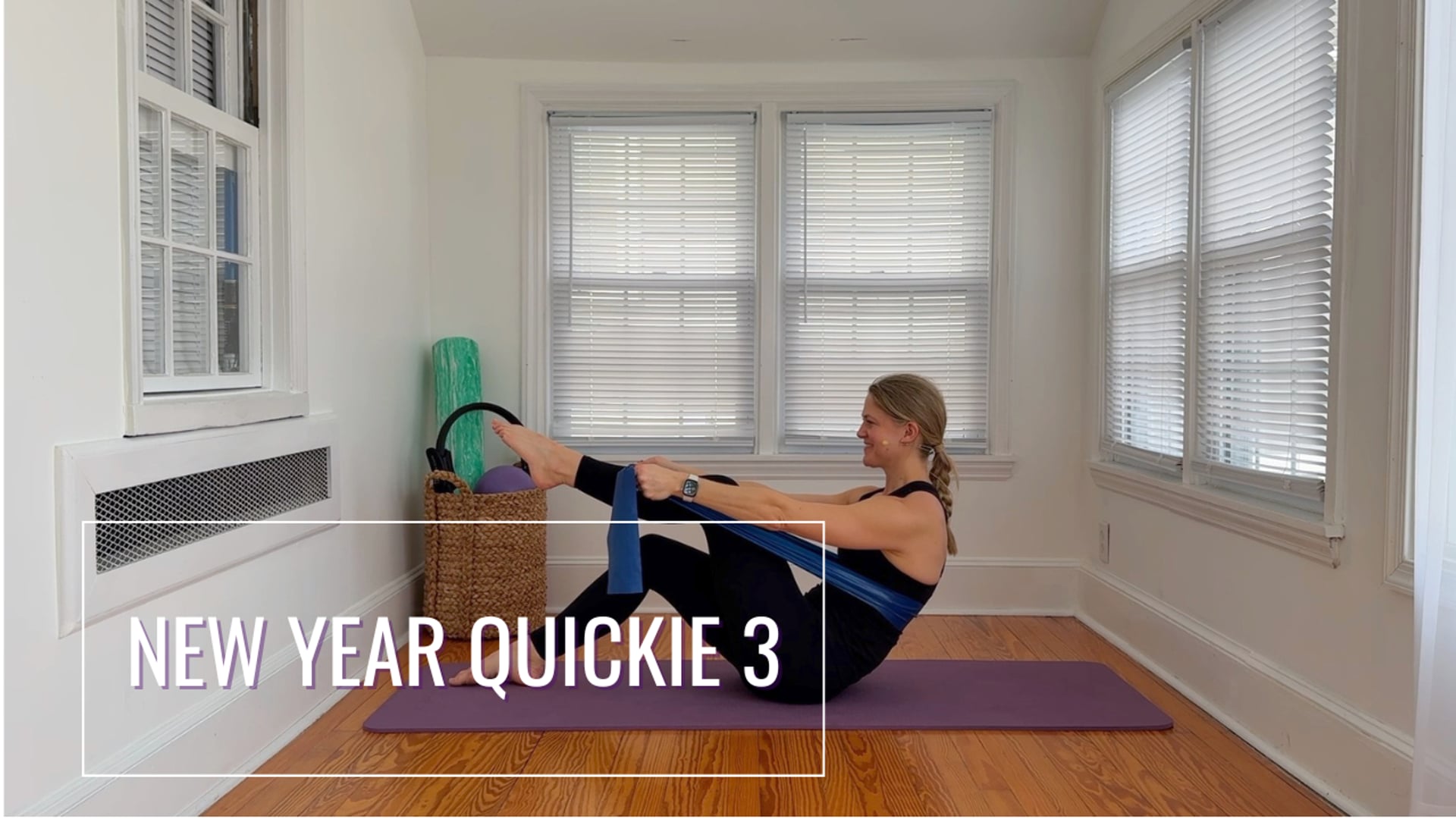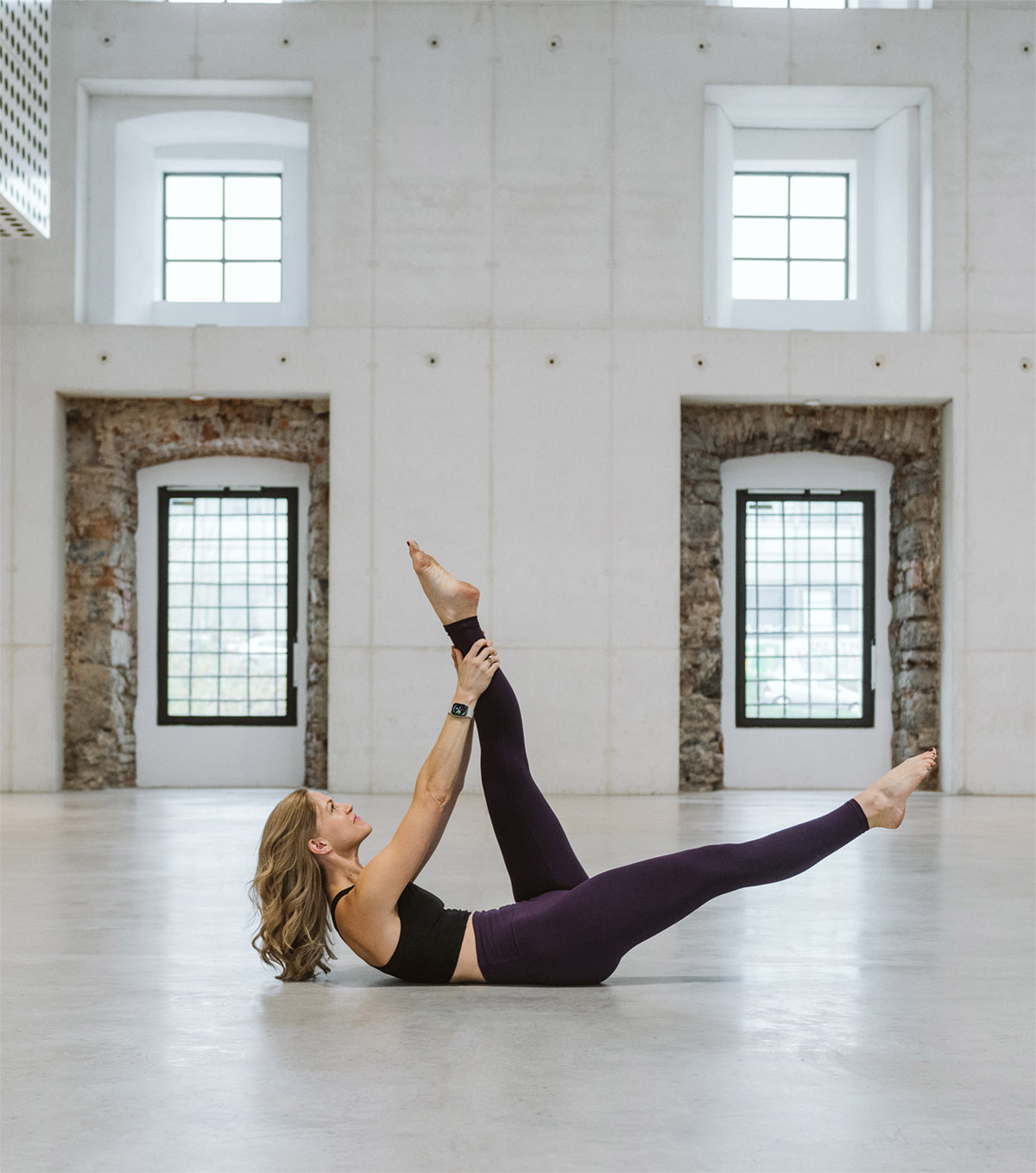It’s no surprise that I love exercise and fitness. I enjoy pushing my body to see what I can achieve physically and mentally. The endorphin rush from a tough run or a strenuous Pilates session is addictive but can sometimes go too far.
Exercise dependence, or exercise addiction, is a real issue. People with this condition may feel withdrawal symptoms when they can’t exercise and might prioritize workouts over essential activities and responsibilities.
There have been times when exercise started to take over my life. While there are worse things to obsess over, this wasn’t healthy. I felt immense guilt if I missed a workout, thinking it made me a failure and wasted my gains. I prioritized workouts over socializing, only agreeing to strenuous activities like hiking. When living in Jordan, I became obsessed with my Fitbit step count, walking around the house for hours to meet my goal. I even refused to sit and watch a movie with my husband, instead opting to walk in place. In my 20s and early 30s, I believed workouts had to be at least an hour to count.
Fortunately, my family and friends have helped me pull back from these unhealthy spirals. I’ve also embraced the power of 30-minute workouts, as seen in my online membership.
I’ve had to step back from excessive exercise due to overuse injuries twice. After college, I developed undiagnosed knee pain and hamstring issues from too much running without enough strength training. Later, I developed tendonitis in my right elbow, which required medical treatment.
Both times, extended breaks from working out led to losing strength and endurance. If I had taken rest days and listened to my body, I wouldn’t have faced such long breaks, and my progress would have been consistent.
Rest days are crucial for recovery and repair and essential for muscle growth and strength development. They help prevent overtraining, which can cause fatigue, injury, and decreased performance. Mentally, rest days reduce the risk of burnout and help maintain long-term motivation.
Now, I still train or exercise at least six days a week, but my recovery days are different. They involve leisurely strolls with my dog and family or walking with a friend while enjoying coffee. I’m mindful of rest and recovery, aiming for a balanced life. At forty, I want my body to support me for decades, reach my fitness goals, and continue enjoying exercise. This requires listening to my body and maintaining a well-rounded life outside the studio.
If any of this resonates with you, let’s chat. Everyone’s situation is unique, but knowing you’re not alone is helpful.


